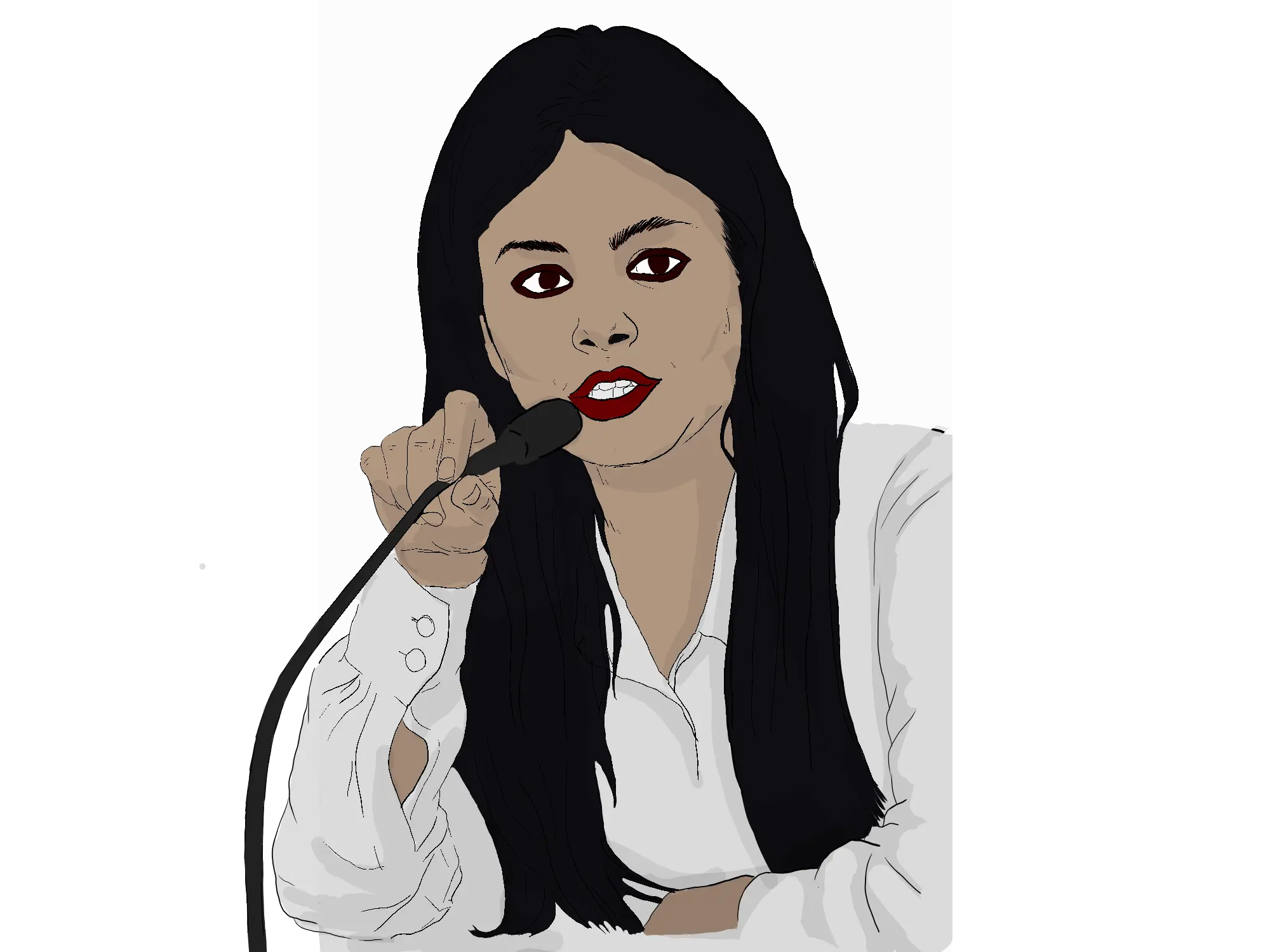The widespread condemnation of Spanish football federation president Luis Rubiales for kissing footballer Jenni Hermoso on the lips after her team won the Women’s World Cup in Australia has been described as Spain’s #MeToo moment. In the macho world of football, this is a historic event as it has brought to light the issue of sexual harassment and abuse in not just this sport but in others as well.
The #MeToo movement has been instrumental in raising awareness about the everyday violations and indignities that female athletes and women from all walks of life have to endure at the hands of men, a lot of times, powerful men who can affect fates. It has also encouraged more women to sue their abusers, even if the abusers are rich and powerful. And an increasing number of courts across the world are ruling in favour of the victims. In May, for instance, a New York jury found former US President Donald Trump liable for sexually abusing and defaming the writer E. Jean Carroll in a Manhattan department store, and awarded the latter $5 million in damages. Trump has been denying the charge all along and even claims to not know who Carroll is. He is appealing the decision.
This is not the first time that Trump has been accused of sexual abuse. Many women in the past have come forward with such allegations, but none have resulted in a court case. In 1990, Trump’s former wife Iviana accused him of rape during her divorce proceedings but later recanted the claim. Another woman, Jill Harth, sued him for sexual harassment but forfeited the claim as part of a settlement.
However, there is one institution where sexual harassment and abuse are rampant, yet there is nothing the victims can do to obtain justice. That institution, unfortunately, is the United Nations. Let me illustrate this with one example of a woman who is still seeking justice after alleging that she was sexually assaulted by a high-ranking official.
In 2018, at the height of #MeToo protests in the United States and elsewhere, Prashanti Tiwari, an Indian women’s rights activist, claimed that the United Nations Population Fund (UNFPA)’s representative for India had sexually assaulted her when he came to visit her office in the Indian state of Bihar. Interestingly, at the time, Tiwari was the manager of a project funded by UNFPA to advance the rights of women and girls facing gender-based violence.
In her account of the sexual assault and harassment she experienced, Tiwari stated that not only did the UN official sexually molest her, but he also offered her a job at UNFPA on condition that she succumb to his sexual advances. As reported in the Guardian newspaper, the abuser “stroked her hips and later implored her to attend an event at a hotel, where he offered her a contract in exchange for what she understood to be sexual favors.”
UNFPA denied Tiwari’s allegations, stating that an internal investigation had found no evidence of wrongdoing. The Code Blue Campaign, which tracks instances of sexual harassment and exploitation by UN employees, dismissed the findings of the investigation, calling them a “cover-up.”
Tiwari then wrote to the UN Secretary-General, Antonio Guterres, to intervene in her case, but she hit a brick wall there too. The UN Secretary-General did not respond to her appeal even though, that same year, the UN had conducted an internal survey that found that a whopping one-third of the UN employees had been sexually harassed. The survey revealed that the most vulnerable targets were women and transgender personnel aged between 25 and 44. About one in ten women reported being touched inappropriately; a similar number said they had witnessed crude sexual gestures.
Tiwari was victimized three times—first by the accused, second by UNFPA, and then by the UN’s opaque bureaucracy. Because of her complaint, she was shut out of the UN system entirely—a fate that befalls most whistleblowers who report wrongdoing at the UN. When I spoke to her about her ordeal, she told me that UNFPA had demonstrated “misogyny in its extreme and worst form”.
Tiwari’s is not an isolated case, as many victims of sexual harassment at the UN will attest. Instead of looking into the allegations and bringing the perpetrators to justice, many victims, such as former UNAIDS employee, Martina Brostrom, are fired or called liars. Brostrom lost her job after she alleged that the deputy executive director of UNAIDS had forcefully kissed her in an elevator.
It is ironic that the institution that purports to protect women’s rights and the rights of all human beings on earth does so little to protect the rights of female UN employees. On the contrary, those women who dare expose their abusers may in fact find themselves out of a job. Like most UN whistleblowers, their careers are damaged and prospects of them working for the UN are significantly diminished (I write more about this in Lords of Impunity).
How can the UN call for gender equality when there is and has been sexual discrimination and harassment within its own corridors with little (if at all) recourse for the victims? These are questions we must ask because the UN risks becoming one of the few institutions in the world where sexual harassment and abuse will be perceived as being readily tolerated (courtesy of inaction) – perhaps even encouraged, as a result of a lack of deterrence.

